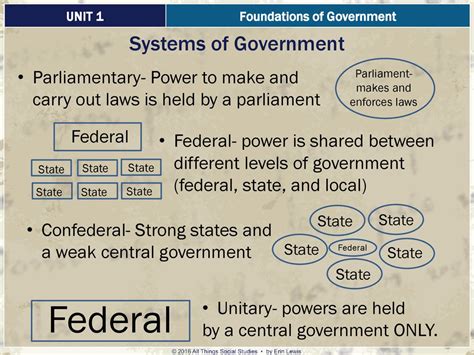Your constituents are the people who elect you to represent them in government. They are the ones who you are accountable to, and who you should always keep in mind when making decisions.

Who are my constituents?
Your constituents are the people who live in your district or ward. They may be of all ages, races, religions, and backgrounds. They may have different political views, but they all have one thing in common: they are your constituents, and you are their representative.
What is my responsibility to my constituents?
Your responsibility to your constituents is to represent their interests in government. This means listening to their concerns, advocating for their needs, and voting on their behalf. You should always put the interests of your constituents first, even when it is difficult.
How can I stay connected with my constituents?
There are many ways to stay connected with your constituents. You can hold town hall meetings, send out newsletters, or use social media to communicate with them. You can also meet with them in person, either at their homes or at your office.
What should I do if I disagree with my constituents?
It is important to remember that you are not always going to agree with your constituents. They may have different views on issues than you do, and they may not always understand your decisions. However, it is still your responsibility to represent their interests.
If you disagree with your constituents, you should try to explain your position to them. You should also listen to their concerns and try to understand their point of view. If you can, you should try to find a compromise that both sides can agree on.
Conclusion
Your constituents are the most important people in your job. They are the ones who you represent, and who you should always keep in mind when making decisions. By staying connected with your constituents and listening to their concerns, you can be an effective representative for them.
Additional Resources
- How to Stay Connected with Your Constituents
- The Importance of Constituent Services
- Tips for Communicating with Your Constituents
FAQs
Q: What is the difference between a constituent and a voter?
A: A voter is someone who is eligible to vote in an election. A constituent is someone who lives in the district or ward that you represent.
Q: Do I have to represent the views of all of my constituents?
A: No, you are not required to represent the views of all of your constituents. However, you should always consider their views when making decisions.
Q: What should I do if I am facing pressure from my constituents to vote a certain way?
A: You should listen to the concerns of your constituents and try to understand their point of view. However, you should ultimately vote your conscience.
